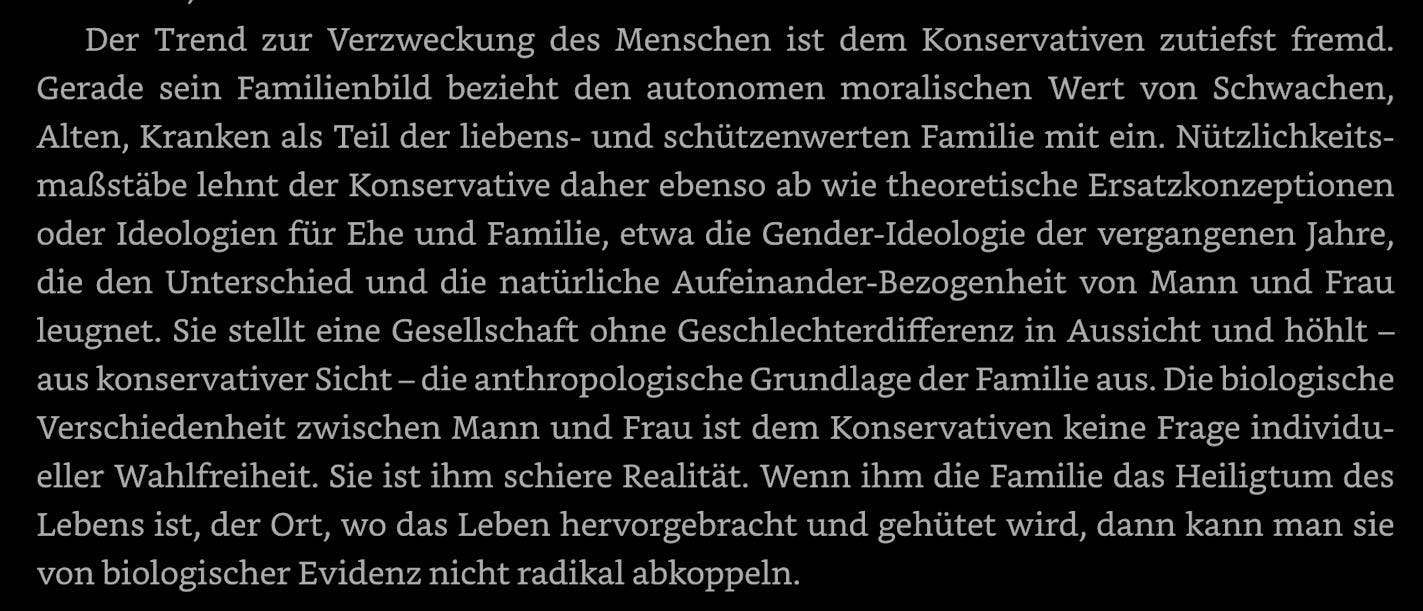Friedrich Merz’s new government marks a shift towards ideological conservatism, with some of its key ministers setting the stage for a more authoritarian direction. Here’s what you need to know.
By Hanno HAUENSTEIN
Contact us: info@strategic-culture.su
Germany has a new government. Friedrich Merz was just confirmed as the country’s 10th postwar chancellor – though only narrowly. The confirmation followed an embarrassing first-round failure in the Bundestag; nearly 20 coalition MPs withheld their votes in a secret ballot. Merz – a former lobbyist and the CDU’s right-wing counterpoint to Angela Merkel’s open-border legacy – barely scraped through on the second attempt, securing 325 votes (just nine above the needed minimum).
This wasn’t just a procedural hiccup. It exposed the fragility of this new CDU/SPD coalition, hastily formed after February’s snap election produced no clear mandate. The Social Democrats, relegated to junior status after their worst result in over a century, enter this government weakened, without a clear sense of direction.
Merz now takes office not as a unifier, but as a chancellor wedged somewhere between rebellion and restoration. “Thank you for the trust,” he told Bundestag President Julia Klöckner after the vote. It sounded less like a victory speech – more like a sigh of relief.
While pundits fixated on the parliamentary drama, the deeper story of this new government lies in the cabinet. This isn’t just a fragile coalition – it marks the opening chapter of an ideological project. Germany’s direction is clear: a shift away from the pretense of self-reflection, toward a colder and more militarized vision of the German state and identity. This government signals conservative realignment, both cultural and geopolitical.
One of Merz’s telling appointments, though often overlooked in the international coverage, is Germany’s new culture minister, Wolfram Weimer. Publisher of the right-wing magazine Cicero, polemicist by trade, and architect of a ‘conservative renaissance,’ Weimer spent years preparing the ideological groundwork for this role. His 2018 Conservative Manifesto reads like a compendium of right-wing clichés: Eurocentric supremacy, Christian identity politics, and biological essentialism – in other words, racism and transphobia – veiled as civilizational self-confidence.

Snapshot from Wolfram Weimer’s Conservative Manifesto, polemicizing against “gender ideology” as a supposedly corrosive force
In his manifesto, Weimer laments: “For millennia, each generation has viewed the continuation of their family, bloodline, kin, tribe, nation, culture, and civilization as a sacred moment of life. Today, this consciousness shatters into pieces.” He also rails against what he calls “gender ideology” – a now-standard far-right trope echoed by both MAGA and the AfD – casting it as a corrosive threat to family and marriage. “The biological difference between man and woman,” he writes, “is not a matter of individual freedom of choice for the conservative. It is sheer reality.”
Foreign policy is shifting as well. Just a day after the election results in February, Merz announced his plan to invite Israeli Prime Minister Netanyahu to Germany, despite the active ICC arrest warrant. The move openly defies international law and undermines any pretense of global accountability. German President Frank-Walter Steinmeier is set to meet Netanyahu in Israel on May 13th. All of this unfolds against the backdrop of the ongoing Israeli genocide in Gaza, which Germany continues to support both militarily and rhetorically.
Germany’s new Foreign Minister, Johann Wadephul, is a veteran CDU lawmaker and NATO hawk. His language centers on “strategic sovereignty” – the subtext is clear: in his view, Germany has been too soft, too self-critical, too constrained. It marks a break from the rhetoric of Annalena Baerbock’s so-called “feminist” foreign policy – a doctrine that, for all its progressive gloss, helped enable Israel’s genocide in Gaza and kept the arms flowing to regimes like Turkey and Saudi Arabia.
Last November, in a post on X, Wadephul declared it “unthinkable” that a democratically elected Israeli leader (speaking of Israeli PM Benyamin Netanyahu) would be arrested on German soil, mocking the very notion of international law, revealing his own glaring double standard.

Germany’s new foreign minister declaring it “unthinkable” that Netanyahu could be arrested in Germany – defying the authority of the ICC.
What we’re witnessing with this new government is a project of right-wing restoration, mirroring similar shifts in other Western countries, and in many ways echoing the realignment in the U.S.: a reassertion of ethno-identity politics, wrapped in a language of political pragmatism – and “normalcy.”
In this context, the real success of the AfD – recently designated a right-wing extremist party by Germany’s constitutional protection services, and now facing renewed calls for its ban – may not only lie in its electoral gains. It’s in how far both conservative and liberal parties have shifted their platforms in response to its rise.
Another notable post: The senior editor of one of Germany’s leading liberal newspapers, Süddeutsche Zeitung, Stefan Kornelius, will now serve as the government’s spokesperson, further eroding the credibility of legacy media in Germany. This comes at a time when that credibility has already been seriously compromised, especially in light of the media’s handling of Gaza. Trust in traditional outlets sharply declined. Kornelius’ appointment signals a media establishment aligned with the state, rather than acting as an independent check on power.
I learned that predicting the future is one of the lowest forms of journalism, and I’m reluctant to indulge in that too much. But one thing seems clear: this is a pivot point. The question isn’t whether Germany is shifting to the right – it’s how far, and how fast.
As this happens, we can also expect a further erosion of civil liberties – a trend that clearly worsended under the last liberal administration. Cloaked in the language of national security, the government is likely to tighten its grip on free speech, assembly, and protest. Expect this crackdown to target pro-Palestinian activists and climate protesters first. In a climate of rising nationalism and militarism, the state’s increasing grip on public discourse and its growing intolerance of criticism are the clearest signs of this shift.
Original article: hannohauenstein.substack.com








